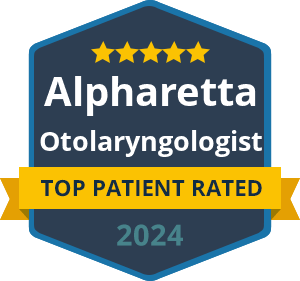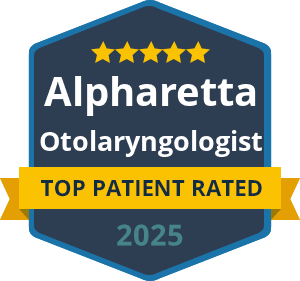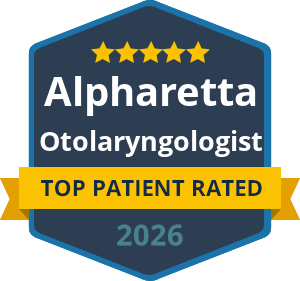
Allergies and sleep apnea are common health issues that can significantly impact an individual’s quality of life. While they may seem unrelated, emerging research suggests a potential connection between these two conditions, particularly through the mechanism of nasal congestion and its effects on breathing during sleep.
The Role of Allergic Rhinitis in Sleep Apnea
Allergic rhinitis, commonly known as hay fever, is characterized by inflammation of the nasal passages due to allergens such as pollen, dust mites, or pet dander. This inflammation leads to nasal congestion, which can obstruct airflow during sleep. When the nasal passages are blocked, individuals are more likely to breathe through their mouths, which can contribute to the development or worsening of obstructive sleep apnea (OSA).
How Allergies Exacerbate Sleep Apnea
The connection between allergies and sleep apnea is primarily due to the following factors:
- Nasal Congestion: Allergic reactions cause swelling of the nasal tissues, leading to congestion. This congestion can obstruct the upper airway, increasing the likelihood of apneic events during sleep.
- Mouth Breathing: When nasal passages are blocked, individuals tend to breathe through their mouths, which can lead to a decrease in airway muscle tone and increase the risk of airway collapse during sleep.
- Inflammation: Chronic allergic inflammation can cause swelling of the tissues in the throat and upper airway, further narrowing the airway and contributing to sleep apnea.
Managing Allergies to Improve Sleep Apnea Symptoms
Addressing allergic symptoms can play a crucial role in managing sleep apnea. Effective strategies include:
- Allergen Avoidance: Identifying and minimizing exposure to allergens can reduce nasal congestion and inflammation. This may involve using air purifiers, keeping windows closed during high pollen seasons, and regularly cleaning bedding to eliminate dust mites.
- Medications: Antihistamines, nasal corticosteroids, and decongestants can help alleviate allergic symptoms and improve nasal airflow. It’s important to consult with a healthcare provider to determine the most appropriate medication regimen.
- Nasal Irrigation: Using saline nasal sprays or neti pots can help clear nasal passages and reduce congestion, facilitating better airflow during sleep.
- Allergy Immunotherapy: For individuals with severe allergies, immunotherapy (allergy shots) may be an effective long-term solution to reduce sensitivity to allergens.
Consulting with an ENT Specialist
If you experience symptoms of allergies and sleep apnea, consulting with an experienced ENT specialist like Dr. Julie Zweig, MD, is essential. Dr. Zweig can provide a comprehensive evaluation to determine the underlying causes of your symptoms and develop a personalized treatment plan. This may include allergy testing, sleep studies, and recommendations for lifestyle modifications or medical interventions.
Understanding the interplay between allergies and sleep apnea is crucial for effective management of both conditions. By addressing allergic symptoms and seeking specialized care, individuals can improve their sleep quality and overall health. Dr. Julie Zweig, MD, offers expert guidance and treatment options to help patients navigate these interconnected health issues.
Posted on behalf of
2650 Holcomb Bridge Road, Suite 510
Alpharetta, GA 30022
Phone: (404) 255-4080
FAX: (404) 990-3542
Email: info@JulieZweigMD.com





